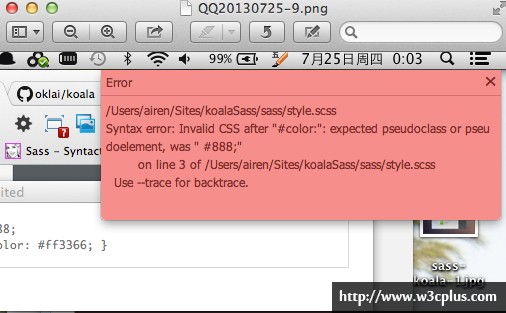
- #Install phpmyadmin ubuntu 20.10 install
- #Install phpmyadmin ubuntu 20.10 update
- #Install phpmyadmin ubuntu 20.10 archive
- #Install phpmyadmin ubuntu 20.10 code
Let's create your first Rails application: # If you want to use SQLite (not recommended) When you're finished, you can skip to the Final Steps.Īnd now for the moment of truth. Installing the libmysqlclient-dev gives you the necessary files to compile the mysql2 gem which is what Rails will use to connect to MySQL when you setup your Rails app.
#Install phpmyadmin ubuntu 20.10 install
sudo apt-get install mysql-server mysql-client libmysqlclient-dev This information will go into your Rails app's database.yml file in the future. As part of the installation process, you'll set the password for the root user. You can install MySQL server and client from the packages in the Ubuntu repository. If you're coming from PHP, you may already be familiar with MySQL. If you're new to Ruby on Rails or databases in general, I strongly recommend setting up PostgreSQL. There is a lot of documentation on both, so you can just pick one that seems like you'll be more comfortable with. You'll probably want something more robust like MySQL or PostgreSQL.

Chances are you won't want to use it because it's stored as a simple file on disk.

In this tutorial, you have learned to install and configure ionCube PHP Loader on Ubuntu 20.04 Linux system.Rails ships with sqlite3 as the default database. Similarly, to view configuration for Apache use phpinfo() file. You will see that ionCube PHP loader has been configured with your PHP version. With Zend OPcache v7.4.8, Copyright (c), by Zend Technologies With the ionCube PHP Loader + ionCube24 v10.4.1, Copyright (c) 2002-2020, by ionCube Ltd. Zend Engine v3.4.0, Copyright (c) Zend Technologies To verify the configuration, type: php -v You have added ionCube settings to your php configuration. Make sure to replace /usr/local/ioncube/ioncube_loader_lin_7.23.so file path with your matching PHP version file. zend_extension = /usr/local/ioncube/ioncube_loader_lin_7.4.so
#Install phpmyadmin ubuntu 20.10 code
Append the below code to the end of the files based on your PHP version.
#Install phpmyadmin ubuntu 20.10 update
Now, edit the required PHP configuration files or you may update in all the configuration files found above.

To find that you need to put a phpinfo() file on server web server document root.īy default PHP stored configuration files at the following location. Loaded Configuration File => /etc/php/7.4/cli/php.iniīut, might be Apache have been configured with the another version of the PHP. You can grep the php.ini location by running command: php -i | grep php.iniĬonfiguration File (php.ini) Path => /etc/php/7.4/cli The php -i command provides you the details information about the active php version on command line interface.

It is important to find the correct php configuration file (php.ini) to enable ionCube for that only. wget tar xzf ioncube_loaders_lin_ -C /usr/local Step 2 – Find Correct PHP.ini
#Install phpmyadmin ubuntu 20.10 archive
Also extract the downloaded archive under /usr/local directory. Alternatively you can also use following command to download ioncube loaders. Step 1 – Download Ioncube Loaderįirst of all download the latest ioncube loaders php modules from ioncube from ioncube download page. If not, you can follow these instructions to install required PHP version. We assume you already have PHP installed on your Ubuntu system. This tutorial will help you to configure the ionCube loader with PHP on Ubuntu 20.04 Linux system. It also keeps them secure from unauthorized uses. The ionCube provides a feature to encrypt your PHP script to keep them secure. It is required to installed on the webserver to decode any ionCube encoded files before running. The ionCube loader is the library used to load ionCube encoded files on the server.


 0 kommentar(er)
0 kommentar(er)
